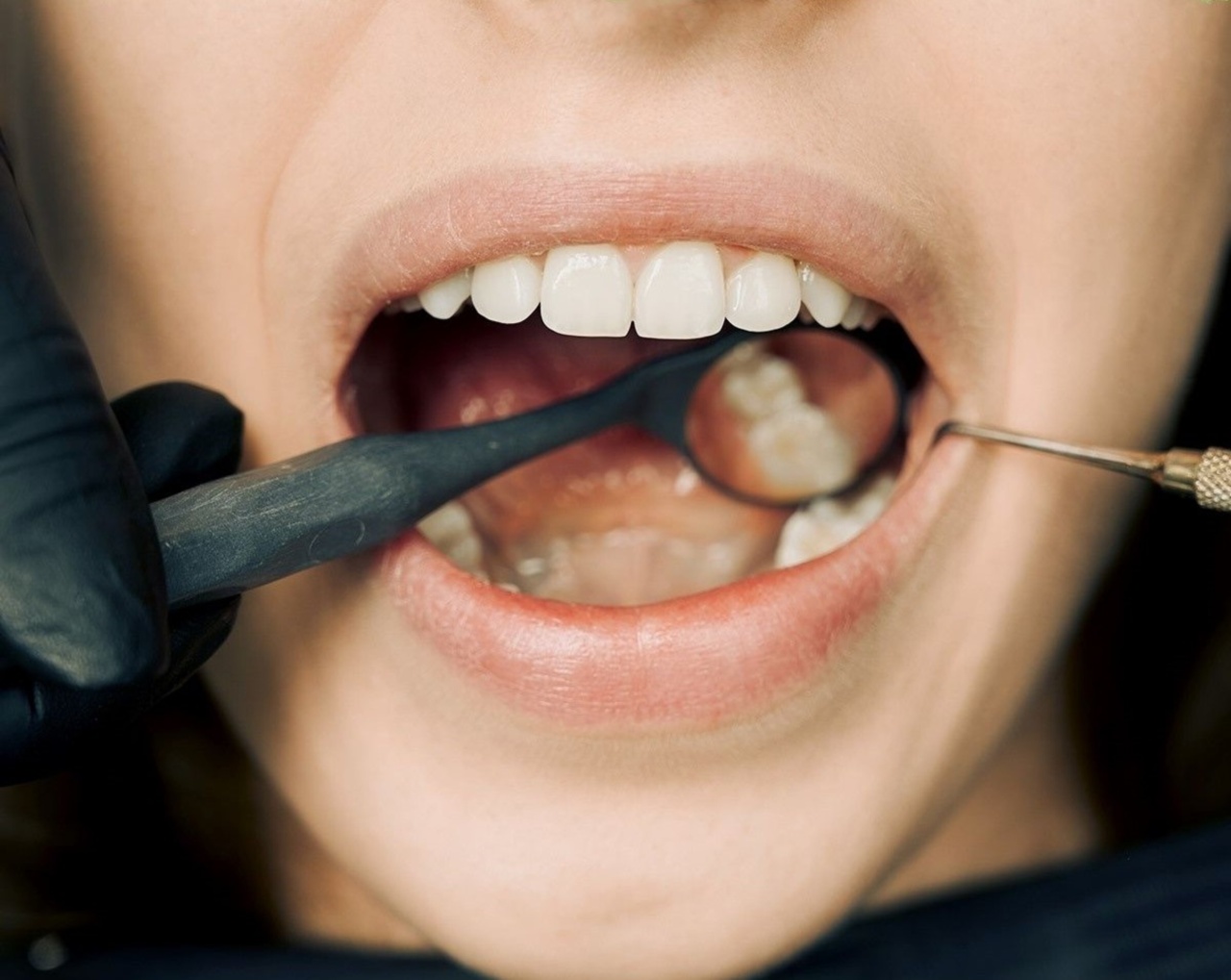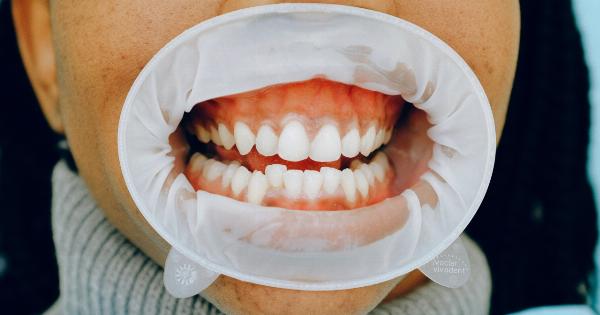Gum bleeding can be a common problem for many individuals. While it may seem harmless, it is actually an indication of a potentially serious oral health issue that should not be ignored.
Bleeding gums can be caused by a variety of factors, including poor oral hygiene, gum disease, hormonal changes, certain medications, and even certain medical conditions. Understanding the root cause of your gum bleeding is crucial in order to effectively prevent and treat it.
The Importance of Oral Hygiene
Poor oral hygiene is one of the leading causes of gum bleeding. Failing to brush and floss regularly can lead to the buildup of plaque, a sticky film of bacteria that irritates the gums and causes inflammation.
Over time, this can progress to gum disease, a serious condition that can result in tooth loss if left untreated.
To prevent gum bleeding, it is important to establish a consistent oral hygiene routine. Brush your teeth at least twice a day, using a soft-bristled toothbrush and fluoride toothpaste.
Make sure to clean all surfaces of your teeth and spend at least two minutes brushing. Additionally, floss daily to remove plaque and debris from between your teeth and along the gumline.
The Role of Gum Disease
Gum disease, also known as periodontal disease, is a chronic bacterial infection that affects the gums and supporting structures of the teeth. If left untreated, it can lead to gum recession, bone loss, and ultimately tooth loss.
The early stage of gum disease is called gingivitis, which is characterized by red, swollen, and bleeding gums.
If you are experiencing gum bleeding, it is important to visit your dentist to determine if gum disease is the underlying cause.
Your dentist will evaluate the health of your gums and may recommend a professional cleaning, known as scaling and root planing, to remove plaque and tartar buildup. In more severe cases, advanced treatments such as gum surgery may be necessary to restore gum health.
Effects of Hormonal Changes
Hormonal changes can also contribute to gum bleeding, particularly in women. During pregnancy, for example, hormonal fluctuations can make the gums more sensitive and prone to bleeding.
This condition, known as pregnancy gingivitis, typically resolves after childbirth.
Similarly, hormonal changes during puberty and menopause can also lead to gum bleeding. It is important for individuals experiencing hormonal changes to maintain a good oral hygiene routine and visit their dentist regularly for check-ups and cleanings.
The Impact of Medications
Certain medications, such as blood thinners and antiplatelet drugs, can increase the risk of gum bleeding. These medications are commonly prescribed to prevent blood clots and reduce the risk of heart attack or stroke.
While they are vital for many individuals, it is important to inform your dentist about any medications you are taking to ensure appropriate management of your oral health.
Your dentist may recommend additional precautions, such as using a soft-bristled toothbrush, avoiding aggressive flossing, and using an antiseptic mouthwash, to minimize the risk of gum bleeding while on these medications.
Medical Conditions and Gum Bleeding
Certain medical conditions can also contribute to gum bleeding. For example, individuals with diabetes are more prone to gum disease, which increases the likelihood of experiencing gum bleeding.
Additionally, vitamin deficiencies, particularly vitamin C and vitamin K deficiencies, can also lead to weakened gum tissues and bleeding.
If you have an underlying medical condition, it is important to work closely with your healthcare team to manage your oral health.
They can provide guidance on any necessary adjustments to your dental care routine or recommend appropriate supplements to support gum health.
The Role of a Healthy Diet
A nutritious diet plays a crucial role in maintaining healthy gums and preventing gum bleeding. Foods rich in vitamins and minerals, such as fruits, vegetables, and lean proteins, are essential for gum health.
Vitamin C, in particular, is important for collagen production, which helps strengthen gum tissues.
Additionally, drinking plenty of water and limiting sugary and acidic foods can help prevent gum disease and protect against gum bleeding.
Avoiding tobacco products, which can irritate the gums and increase the risk of gum disease, is also important for maintaining oral health.
Regular Dental Check-ups
In order to effectively prevent gum bleeding and maintain optimal oral health, it is crucial to schedule regular dental check-ups.
Your dentist can assess the health of your gums, identify any signs of gum disease, and provide professional cleanings to remove plaque and tartar.
During your dental check-up, your dentist may also offer additional preventive measures, such as fluoride treatments or dental sealants, to strengthen your teeth and protect against gum disease.
They can also provide personalized recommendations based on your specific oral health needs.
Effective Tips for Gum Bleeding Prevention
1. Maintain a consistent oral hygiene routine, including brushing at least twice a day and flossing daily.
2. Use a soft-bristled toothbrush and fluoride toothpaste to clean your teeth.
3. Visit your dentist regularly for check-ups and cleanings.
4. Inform your dentist about any medications you are taking that may increase the risk of gum bleeding.
5. Eat a balanced diet rich in vitamins and minerals to support gum health.
6. Avoid tobacco products and limit sugary and acidic foods.
7. Manage any underlying medical conditions that may contribute to gum bleeding.
8. Follow any additional recommendations or treatments provided by your dentist.
9. Practice stress management techniques, as stress can contribute to gum bleeding.
10. If you notice persistent gum bleeding, consult your dentist for a proper evaluation and treatment.




























